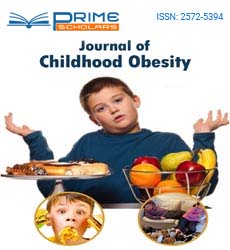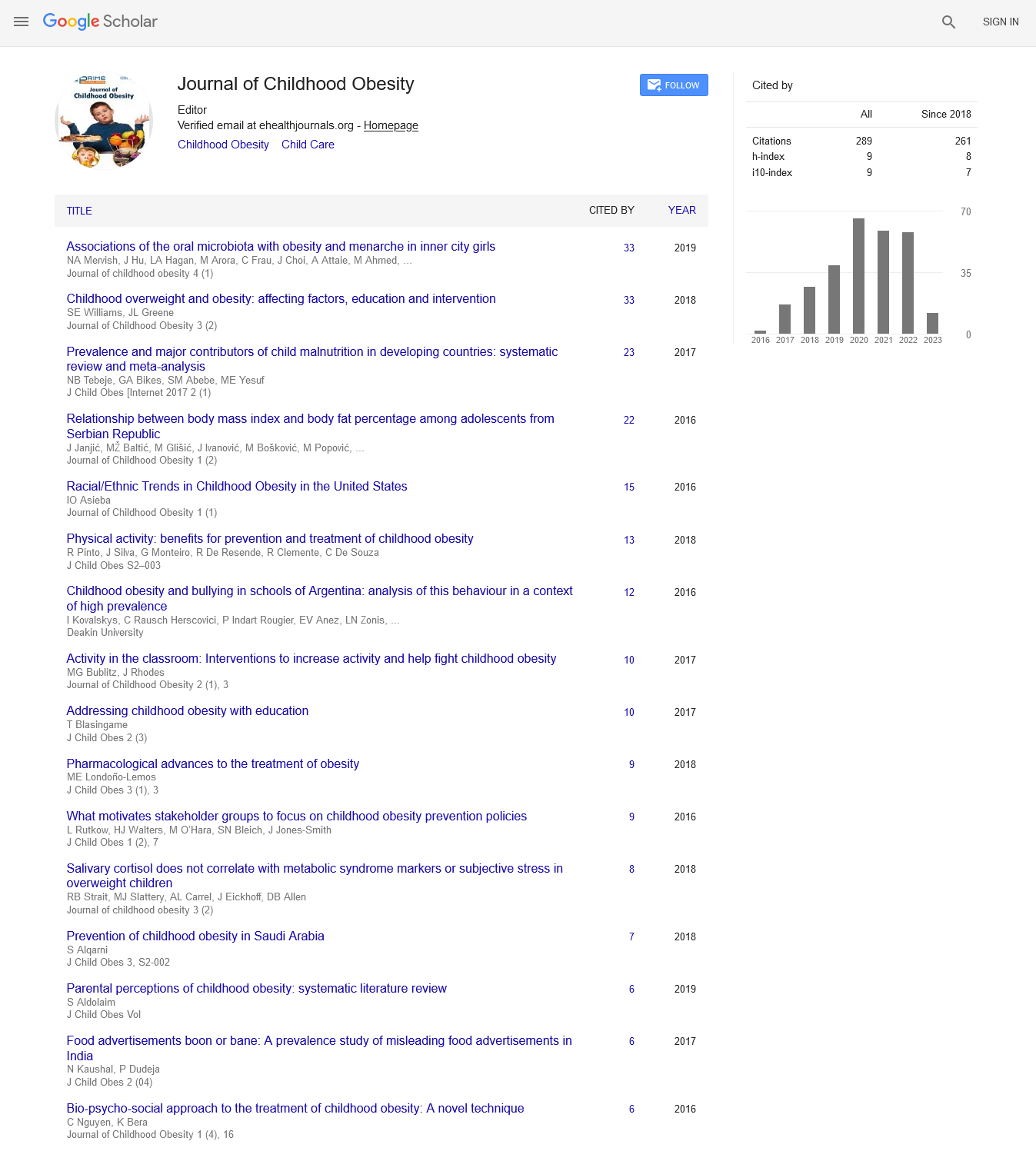Letter to Editor - (2017) Volume 2, Issue 1
Adding Dietary Green Beans to Formula Improves Stool Consistency in Neonates after Undergoing a Bowel Resection
Douglas Drenckpohl*
OSF Saint Francis Medical Center, Peoria, IL, USA
*Corresponding Author:
Douglas Drenckpohl
OSF Saint Francis Medical Center
Peoria, IL, United States
Tel: 309-624-0621
E-mail: douglas.c.drenckpohl@osfhealthcare.org
Received date: November 25, 2016; Accepted date: January 07, 2017; Published date: January 10, 2017
Citation: Drenckpohl D. (2017) Adding Dietary Green Beans to Formula Improves Stool Consistency in Neonates After Undergoing a Bowel Resection. J Child Obes 2:1. doi: 10.21767/2572-5394.100024
Copyright: © 2017 Drenckpohl D. This is an open-access article distributed under the terms of the Creative Commons Attribution License, which permits unrestricted use, distribution, and reproduction in any medium, provided the original author and source are credited.
Abstract
Working with an infant or child who has intestinal failure (IF) can be a real challenge for nutritional professionals. It truly does take a village to help care for these kids suffering from IF have an improved quality of life. Being independent of parental nutrition (PN) is the long-term goal as well as consuming a variety of foods.
In recent years, clinical research has shown prescribing Omega 3-based intravenous fat emulsions IVFE) along with PN, slows down the progression and even reverses the potentially fatal complication of cholestatic jaundice. But using these types of IVFE is still only a temporary remedy. The eventual goal is to transition these children to a 100% enteral diet either with all real food, an amino acid based formula, or a combination of both.
Keywords
Intestinal failure; Cholestatic jaundice; Dietary fiber
Dietary fiber can have a role in improving the stool consistency of IF patients suffering from watery diarrhoea. In the adult IF population, adding dietary fiber source to their diets has improved their stool pattern. For the paediatric IF patients adding liquid pectin or Benefiber have been added enteral formulas to improve feeding tolerance. Unfortunately, these types of products are not approved for patients under one year of age.
For neonates with IF, for the past 13 years, I’ve incorporated Stage 2 baby food green beans into their formula. The green beans provide approximately 2 grams of dietary fiber to every 8 ounces of formula. As a result, I’ve been able to correct diarrhea symptoms and allow the medical team to advance enteral feeding volume. Most babies tolerate “the green bean diet” without any complications. I did have one infant who developed necrotizing enterocolits (NEC) while receiving green beans. But that child wasn’t on an amino acid-based formula. Afterwards, the patient’s mother informed the neonatologist that her other children had history of severe milk protein allergies.
What remains the primarily determination of a person with IF being able to get weaned off their dependence of PN remains the available bowel length and its absorption capabilities. Adding Stage 2 baby food green beans is an effective and inexpensive dietary fiber source, which can have a positive impact on IF patients’ lives by freeing them from the dependence of PN and the morbidities or even mortality associated with it.

